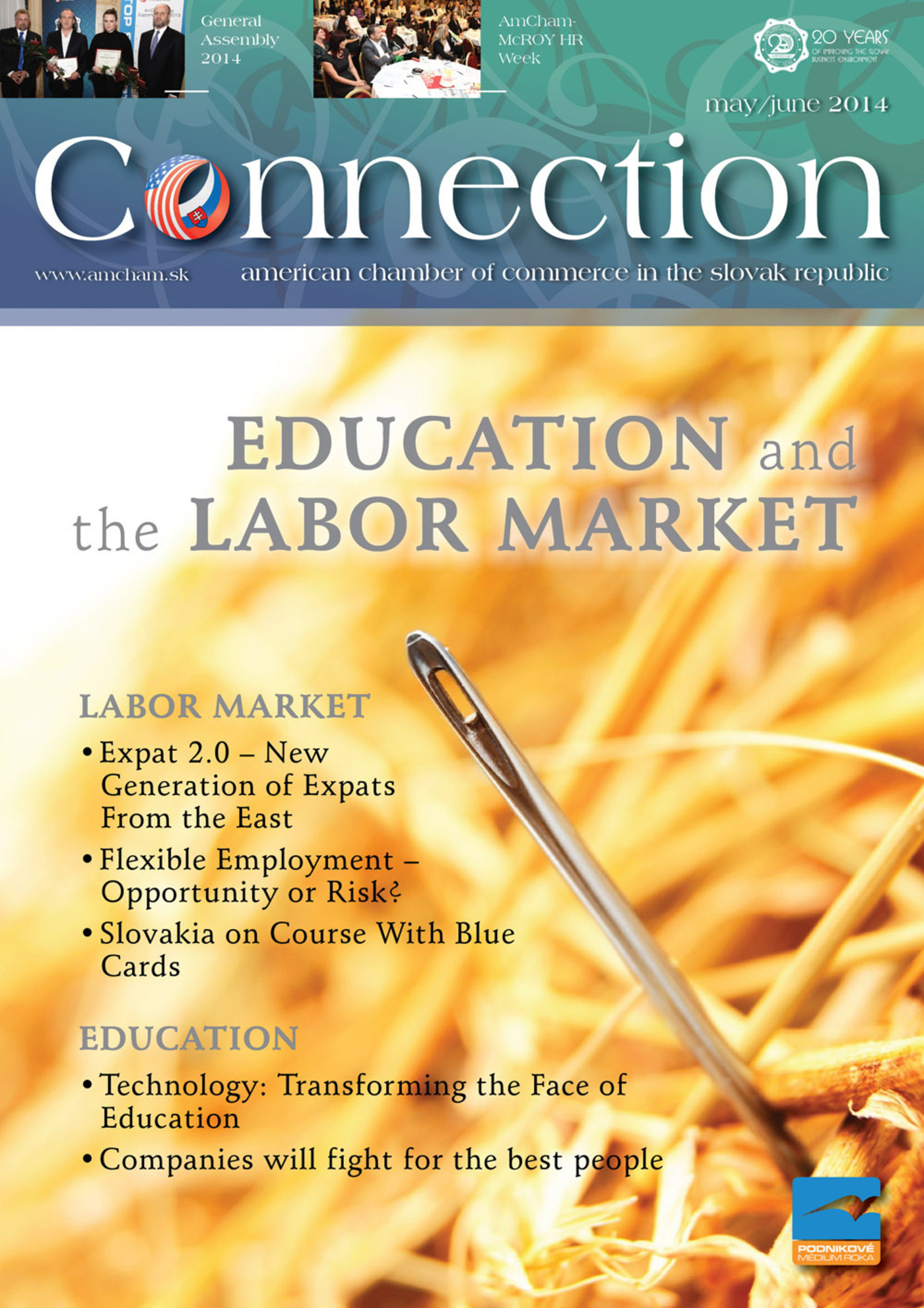From 2014, an extension only requires an application filed by a trade organization operating nationwide. You do not have to be a member of any association, and your consent is irrelevant. Does the extension of collective agreements concern your company?
Types of collective agreements
Slovak law distinguishes between two types of collective agreement, (i) a company collective agreement (podniková kolektívna zmluva) and (ii) a higher-grade collective agreement, the so-called industry-related collective agreement (odvetvová kolektívna zmluva) (HGCA).
A company collective agreement is entered into by a trade organization operating in a company directly with the company itself. The company and the trade organization together conduct collective bargaining on work and wage conditions, which may take up to several months. At the end of this process a company collective agreement is entered into, following consensus between the two contracting parties – the employer and the company trade union.
Employers operating in various business fields can be members of employer associations, in order to protect and enforce the interests of specific industries. Such associations in Slovakia include e.g., the Slovak Association of Mechanical Engineers, the Slovak Association of Construction Companies, and the Slovak Association of Electrical Engineers, amongst others. These associations represent associated companies during collective bargaining, and negotiate and enter into higher-grade collective agreements (HGCA) in their field with trade organizations that operate nationwide. HGCA are binding on the members of the association, as well as on employers that accede to them voluntarily. Currently, HGCAs apply for example in the field of mechanical engineering, electrical engineering, the construction industry and metallurgy.
Extension of HGCAs to non-members without their consent
The beginning of the year saw an amendment to the Collective Bargaining Act which revises the system. Now a HGCA can also apply to an employer that is not a member of any employer association, even without their consent. With the extension of the HGCA, the agreement itself and the work and wage conditions specified in it will be binding on that employer, regardless of their opinion, and they will be obliged to observe the HGCA, especially if the conditions in the company are less favorable than the conditions specified in the HGCA. Otherwise the employer runs the risk of a fine imposed by the Labor Inspection, as well as the risk of court disputes with employees.
Terms and conditions for extension of HGCA without employer’s consent
Employers with more than twenty employees should look out. It does not matter if they have an internal company collective agreement. The most important phrase now is the so-called SK NACE code. This is the statistical code of the industry in which the employer conducts the main part of its business, and under which the employer is registered with the Slovak Statistical Office. Extension of a specific HGCA only requires an application by the trade organization delivered to the Slovak Ministry of Labor, Social Affairs and Family (Ministry) together with a specific SK NACE code. If your code is identical to the code mentioned in the application, the HGCA will also apply to your company. The Ministry will publish the application and employers can comment on it within 30 days. Subsequently, the Ministry will issue a generally binding provision extending the HGCA to specific industries according to the SK NACE code.
Since April 2014, four applications for extension of a HGCA were published in the Trade Journal and on the Ministry website, specifically from the fields of mechanical engineering, electrical engineering, construction, metallurgy and transportation. The extension will concern the following SK NACE codes: 23.3; 23.5; 23.6; 24.1; 24.4; 24.5; 25.2; 25.4; 25.5; 25.6; 25.7; 25.9; 26.5; 27.1; 27.2; 27.3; 27.4; 27.5; 27.9; 28.1; 28.2; 28.3; 28.4; 28.9; 29.1; 29.3; 30.2; 33.1; 41; 42; 43; 49.3; 49.4; 71.2; 82.9.
Employer protection against HGCA extension
There is no effective protection for employers against a HGCA. According to the law, employers can file objections against extension of a HGCA with the Ministry within 30 days from publication. These will be assessed by way of tripartism. However, the opinion of the committee only has the character of a recommendation.
(Un)constitutionality of the new regulation?
Employers now naturally ask how a contract which they have not negotiated and entered into can apply to them. Contractual freedom is one of the basic constitutional rights in a democracy. Another interesting legal question is the appropriateness and legitimacy of use of a code, which was originally devised exclusively for statistical purposes, for other unrelated purposes. These questions can only be answered by the Constitutional Court. In December 2013, a petition regarding the alleged unconstitutionality of this legal regulation was filed with the Constitutional Court. Previously, a similar regulation was valid in Slovakia between 2007 and 2010 and was also appealed as unconstitutional. Before the court could reach a decision, the regulation was repealed. The Czech Constitutional court has also dealt with a similar matter, and its decisions can serve as inspiration for Slovak judges. However, the ruling of the Slovak Constitutional court is still far away. Since there are no deadlines within which the courts have to rule, assessing a legal regulation can take several years. Until then, employers will have to accept the extension of the HGCA to their companies.
Zuzana Chudáčková, Partner, bnt attorneys-at-law, s.r.o.
Katarína Babiaková, Senior Associate, bnt attorneys-at-law, s.r.o.



Follow us